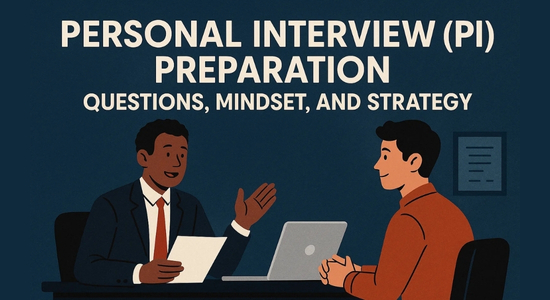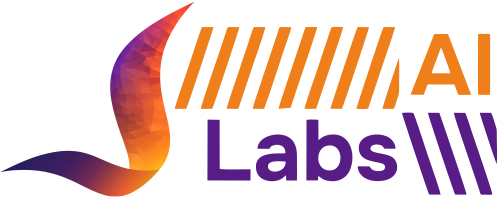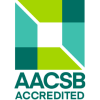Prepare effectively for MBA Personal Interviews with this comprehensive guide covering common PI questions, ideal mindset, strategic preparation steps, and frequent mistakes to avoid. Learn how to present your personality, goals, and strengths confidently to ace top B-school interview panels.
Personal Interview (PI) Preparation: Questions, Mindset, and Strategy

The Personal Interview (PI) is arguably the most decisive stage of the MBA admission process. While CAT scores and WAT essays showcase aptitude and writing ability, the PI reflects the candidate’s personality, clarity of thought, communication skills, and motivation. Many candidates with exceptional CAT percentiles are rejected due to poor PI performance, while others with average scores secure top B-school seats by excelling here. This article outlines the questions, mindset, and strategies required to ace the PI round.
The Importance of PI
- Weightage: In many IIMs, PI carries 30–50% weightage of the final score.
- Holistic Evaluation: It tests academic knowledge, professional experience, general awareness, and soft skills.
- Personality Assessment: B-schools want candidates who can grow into responsible leaders, not just exam-crackers.
Common Personal Interview Questions
Personal Background
- Tell me about yourself.
- Walk me through your academic journey.
- What are your strengths and weaknesses?
Motivation and Career Goals
- Why MBA? Why now?
- Why this particular B-school?
- Where do you see yourself in 5–10 years?
Academic Knowledge
- Questions from graduation subjects.
- Application-based questions linking academics to business scenarios.
Work Experience (if applicable)
- Describe your role and responsibilities.
- Share a challenge faced at work and how you solved it.
- How did your work prepare you for an MBA?
General Awareness
- Current events in the economy, politics, and business.
- Opinions on major social issues.
- Understanding of industry trends.
Abstract and Situational Questions
- “If you were the Finance Minister, what would be your first step?”
- “How do you define success?”
- “If a classmate disagrees with your opinion, how would you handle it?”
The Right Mindset for PI
- Confidence, Not Arrogance
Confidence builds trust, but arrogance can backfire. Be assertive, yet respectful.
- Clarity of Thought
Panelists value logical reasoning over rehearsed answers. If you don’t know an answer, admit it honestly rather than bluffing.
- Authenticity
Your answers should reflect your real personality, not borrowed templates. For example, your “Why MBA?” answer must connect to your actual background and career goals.
- Adaptability
PI panels often test how you handle unexpected or uncomfortable questions. Staying calm and composed is key.
Preparation Strategy
Step 1: Self-Analysis
- Write a personal profile including education, career highlights, achievements, and hobbies.
- Prepare answers for introductory questions like “Tell me about yourself” and “Why MBA?”
Step 2: Academic & Professional Revision
- Review graduation subjects and projects.
- For working professionals, revisit key projects, technologies, or roles handled.
Step 3: General Awareness
- Read newspapers like The Hindu and The Economic Times.
- Follow business and economy news (budget, monetary policy, corporate mergers).
- Keep opinions balanced and supported with facts.
Step 4: Mock Interviews
- Join mock PI sessions at coaching centers or with peers.
- Record and review your responses to improve body language and articulation.
Step 5: Personality Development
- Work on voice clarity, eye contact, and posture.
- Engage in group discussions to sharpen articulation.
Common Mistakes in PI
- Over-rehearsed Answers: Sounding robotic reduces authenticity.
- Bluffing: Panels quickly detect dishonesty.
- Lack of Awareness: Not knowing about your field, recent events, or your own resume.
- Nervous Body Language: Avoid fidgeting, lack of eye contact, or slouching.
- Overtalking: Concise, crisp answers are better than long, rambling ones.
Last-Minute Hacks
- Revise your resume and be prepared for any point mentioned in it.
- Prepare a “personal pitch” – a 60–90 second introduction.
- Keep 3–4 strong current affairs topics ready for discussion.
- Sleep well before the interview; a calm mind performs best.
Frequently Asked Questions (FAQ)
Q1. What is the most important PI question?
“Tell me about yourself” sets the tone for the entire interview. Prepare it carefully.
Q2. How long should my answers be?
1–2 minutes is ideal. Long answers risk losing focus.
Q3. How do I handle a question I don’t know?
Admit politely and, if possible, link it to something you do know. Honesty earns respect.
Q4. Are hobbies and personal interests important?
Yes. Panels often ask about hobbies to assess authenticity and personality beyond academics.
Q5. Can a fresher without work experience still do well in PI?
Absolutely. Focus on academics, projects, extracurriculars, and clarity of career goals.












